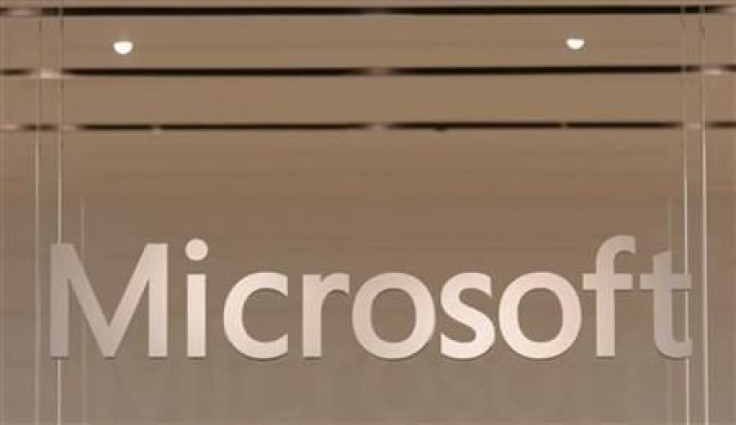European Watchdog Slaps Microsoft With $731 Million Fine For Removing Option To Choose Internet Browser Software In Windows Updates

The European Commission has said enough is enough and slapped the Microsoft Corp. (Nasdaq:MSFT) with a €561 million ($731 million) fine on Wednesday for backing out of a deal it made to offer its Windows 7 operating system customers the option to choose which Internet browser they would like to use.
The fine is the latest in a years-long antitrust row between the Seattle-based software giant and the European Commission, the administrative arm of the European Union, over how Microsoft encourages consumers of its ubiquitous operating system to use exclusively its ancillary software products, such as the Internet Explorer browser.
European regulators say Microsoft is using the popularity of its Windows operating system, which is used in about 90 percent of all personal computers, to keep customers away from other browser options, such as Mozilla Foundation’s Firefox and Google Inc.’s (Nasdaq:GOOG) Chrome.
Back in 2009, the software giant voluntarily paid €860 million and agreed to install a pop-up window that asks Windows users if they would like to use a browser other than Explorer, but in subsequent software updates, the pop-up window no longer appears. European regulators see this as a renege on the deal struck, which was three years ago.
"In 2009, we closed our investigation about a suspected abuse of dominant position by Microsoft due to the tying of Internet Explorer to Windows by accepting commitments offered by the company,” said Joaquín Almunia, the EC’s commissioner for competition. “Legally binding commitments reached in antitrust decisions play a very important role in our enforcement policy because they allow for rapid solutions to competition problems. Of course, such decisions require strict compliance. A failure to comply is a very serious infringement that must be sanctioned accordingly."
Microsoft says the removal of the pop-up window in Windows 7 and Windows 8 was a technical oversight and that it has remedies the problem with subsequent updates.
© Copyright IBTimes 2024. All rights reserved.












